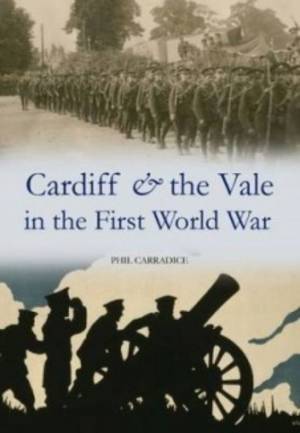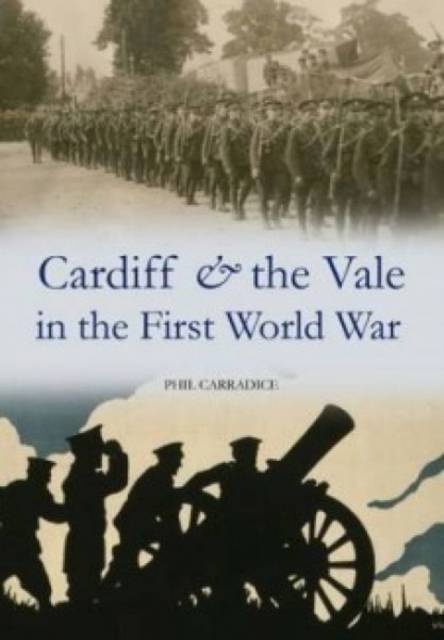
- Retrait gratuit dans votre magasin Club
- 7.000.000 titres dans notre catalogue
- Payer en toute sécurité
- Toujours un magasin près de chez vous
- Retrait gratuit dans votre magasin Club
- 7.000.000 titres dans notre catalogue
- Payer en toute sécurité
- Toujours un magasin près de chez vous
Description
When war broke out against Germany in 1914, Cardiff and the Vale of Glamorgan was one of the most diverse and eclectic areas of W ales. Within this 40- or 50-mile stretch of the coast sat three of the most important coal exporting docks in the world - Cardiff itself, Penarth and Barry. Yet the area remained predominantly rural with farming being the main industry. Tourism was also important, in the shape of Barry Island and Penarth Pier. How these scattered and, to some extent, isolated communities responded to the war, to the call to arms, is a fascinating social study. The Cardiff Pals was formed, the docks continued to run - and even Penarth Pier found itself caught up in the excitement of the moment, being requisitioned by the Army for the duration of the war. Men from all over the Vale joined up, others stayed at home working on the farms and smallholdings. When they returned they came back with new experiences under their belts and the area was changed forever. This book draws on academic research, on first-hand accounts of life during the period, and on the articles and letters published in the plethora of local papers at the time. It gives a different slant on the Great War and the way it was perceived in Wales where, even then, the first hints of nationalism were beginning to take root.
Spécifications
Parties prenantes
- Auteur(s) :
- Editeur:
Contenu
- Nombre de pages :
- 96
- Langue:
- Anglais
Caractéristiques
- EAN:
- 9781445617510
- Date de parution :
- 15-02-14
- Format:
- Livre broché
- Format numérique:
- Trade paperback (VS)
- Dimensions :
- 165 mm x 234 mm
- Poids :
- 204 g







